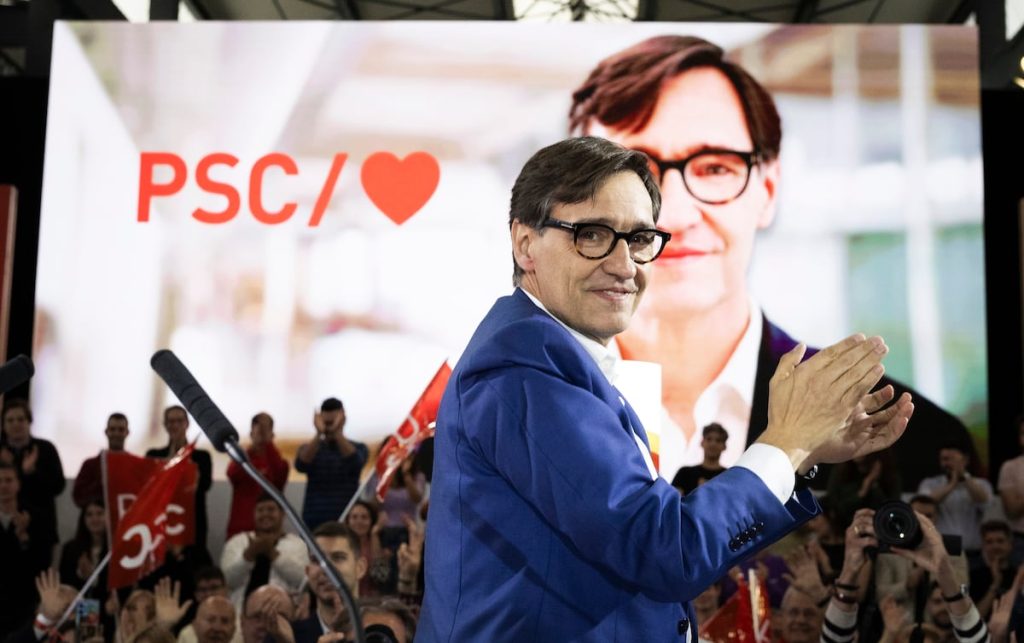Catalonia enters the campaign for the May 12 elections in a very different scenario than previous calls. The letter from Pedro Sánchez to the public published this Wednesday introduces an element of uncertainty until at least Monday, when the President of the Government will announce if he resigns or not. Among the commitments affected by the cancellation of his public agenda is his participation in the first rally of the PSC candidate, Salvador Illa. The significance of Sánchez’s gesture inevitably permeates the beginning of a campaign that must be resolved in search of solutions to the everyday problems of the voters. As all the polls reflect, territorial integration and tensions derived from the independence process have been very relegated in the list of concerns of the Catalans in favor of inflation, the quality of public services or housing.
Unfortunately, the struggle between the majority of the parties continues to focus on fueling territorial tension, and in some cases, on reviving the institutional, political, social, and economic damage that was done in 2017. Despite everything, citizens call for a change in priorities, something that will only be possible if there are broad agreements and the blocks between pro-independence and non-independence formations are broken. Those who try to return to 2017 overlook the evolution experienced in Catalonia. Not only because the mood and problems of the population are different today, but also because of the change in scenario resulting from the pardons for those convicted in the trial and the amnesty law that is being processed in the Cortes.
Carles Puigdemont, one of the main beneficiaries of that grace measure, has legitimately chosen to run again as a candidate for Junts and has announced that he will return to Spain, from where he fled in 2017 to avoid the action of justice. In his speeches, he promises to “do it again”, referring to the attempts to proclaim independence, and this time “do it better”. However, neither he nor his party explain how they will do it, with what tools of the rule of law, and whether this time they will respect the internal plurality that exists in Catalonia, something they did not do seven years ago.
The favorite in these elections, according to the polls, is Salvador Illa. If the surveys are correct, he will be tasked with trying, in the first instance, to form a government that will require large agreements. The challenge will be to develop them for the benefit of what is at stake in these elections – the governance of Catalonia – and not the agreements that the PSOE maintains in Congress with rival formations of the Catalan socialists. In this issue, Esquerra Republicana could play a very important role, now leading the Generalitat and relegated to a third position in the polls. ERC, which has shown signs of wanting to embrace pragmatism without giving up its pro-sovereignty roots, has the task ahead of passing the exam of its management and convincing that pragmatism can be a useful long-term way to resolve the territorial problem.
The role that the Catalan PP wants to adopt will also be relevant, which grows after years hampered by its attitude in Madrid during the trial. It would be a mistake for the popular party to again resort to one of its oldest political tics: try to profit outside Catalonia from what happens in Catalonia.


